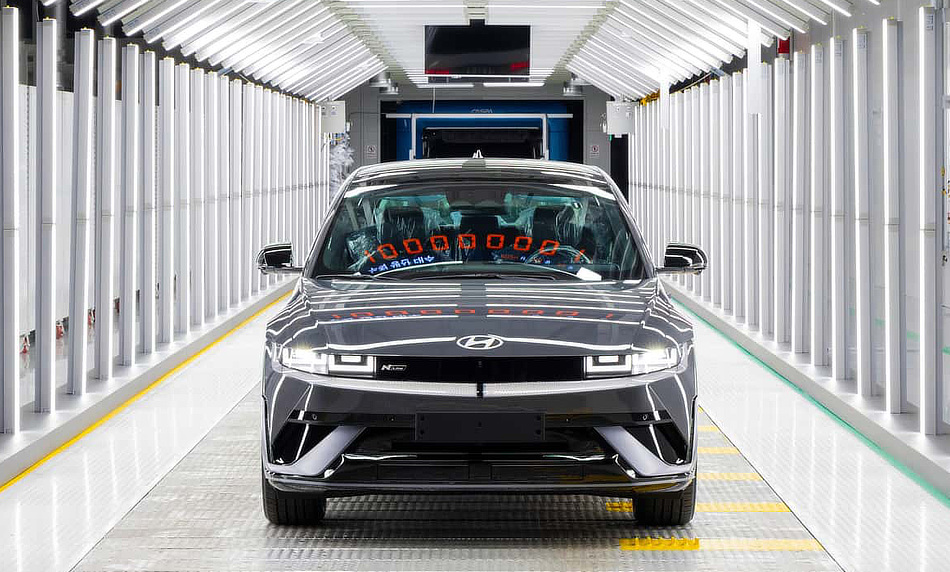The partial strikes planned this week by Hyundai’s 40,000-strong union are not merely about wages, retirement, or shorter hours. They are part of a much larger struggle against a corporate order that treats human beings as expendable parts in the machinery of profit. Even as Hyundai boasts record revenues from its overseas markets, the workers who built that wealth are forced to fight for a fraction of it — a 30 percent bonus, a dignified retirement age, and the right to a humane workweek.
This is not new. For decades, South Korea’s industrial workers have carried the burden of the nation’s economic rise, only to see their lives commodified and their voices suppressed.
The union’s history — from pioneering the five-day work week in 2003 to today’s demand for a 4.5-day work week — is a testament to labour’s fight to carve out fragments of dignity in a system designed to deny it.
The fact that Hyundai workers have avoided a full strike for seven years does not reflect harmony, but exhaustion and restraint in the face of a corporate and political elite that demands obedience.
When they walk off the line this week, even briefly, they expose the raw truth: without workers, there is no industry, no profit, no empire of steel and machines.
This is a reminder that the battle is not about cars. It is about who controls the fruits of labour — the corporate oligarchs or the people whose hands make the machines run.







